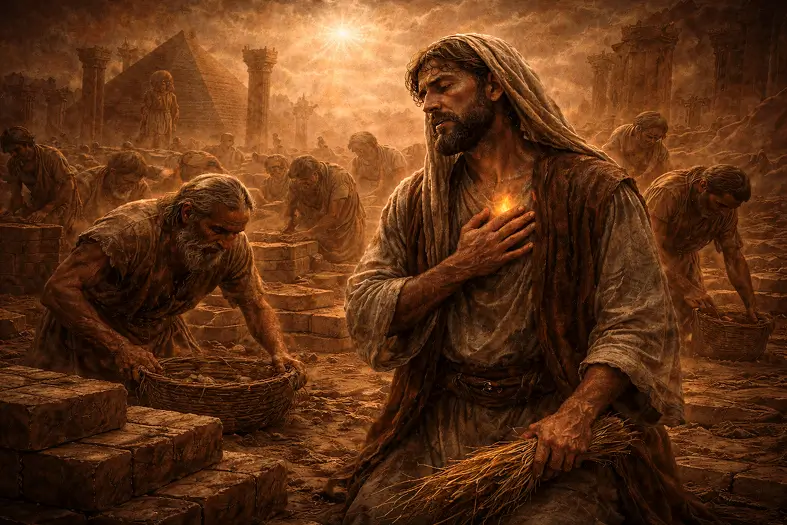


We are commanded to turn to Hashem in prayer and supplication whenever danger, catastrophe, or suffering befalls the community.
This mitzvah obligates the Jewish people to respond to crisis not with silence, denial, or fatalism, but with tefillah and outcry directed to Hashem. Whether the distress takes the form of war, famine, disease, persecution, or communal suffering, the Torah commands us to recognize its spiritual significance and to cry out. This mitzvah does not promise immediate relief, nor does it deny natural causes; rather, it demands awareness that all events ultimately come from Hashem and are meant to awaken reflection, repentance, and renewed dependence upon Him. Silence in times of catastrophe is itself a spiritual failure, because it implies that suffering is random or meaningless. The mitzvah transforms crisis into a moment of spiritual clarity and return.
Rambam
Sefer HaChinuch
Rashi / Ramban / Ibn Ezra / Sforno / Abarbanel / Midrashim
Talmud & Midrash
Kuzari, Maharal, and Other Rishonim
Shulchan Aruch & Halacha
Acharonim & Modern Torah Giants
Chassidic & Mussar Classics
Contrast with Silent Fatalism
Parallel to Teshuvah
Refusing Spiritual Numbness
Rejecting Fatalism and Cynicism
Collective Tefillah as Moral Leadership
Crisis as a Moment of Clarity
When Prayer Feels Difficult
National Tragedy and Jewish History
Personal Suffering Without Shame
Transforming Anxiety into Avodah
Refusing to Suffer Alone
Crying Out Even After the Crisis Passes
Why This Matters Now


Focuses on the daily act of prayer and connection to Hashem through words, kavana, and structure.
Represents Emunah—the deep, inner trust in Hashem’s presence, oneness, and constant involvement in our lives. This badge symbolizes a heartfelt connection to G-d, rooted in belief even when we cannot see. It is the emotional and spiritual core of many mitzvot.
Used for mitzvot that reflect Judaism’s foundational principles—belief in G-d, reward and punishment, prophecy, Torah from Heaven, and more. These commandments shape the lens through which all others are understood.
Mitzvot that strengthen communal life — showing up, participating, supporting, and belonging. Community is where holiness is shared, prayers are multiplied, and responsibility becomes collective.
Empathy in motion — responding to another’s pain with sensitivity, patience, and understanding. Whereas chesed gives broadly, rachamim responds gently, tailoring care to a person’s emotional or spiritual needs.
Signifies awe and reverence toward Hashem—living with awareness of His greatness and presence.
Mitzvot that define and deepen the relationship between a person and their Creator. These include commandments involving belief, prayer, Shabbat, festivals, sacrifices, and personal holiness — expressions of devotion rooted in divine connection.

Dive into mitzvos, prayer, and Torah study—each section curated to help you learn, reflect, and live with intention. New insights are added regularly, creating an evolving space for spiritual growth.

Explore the 613 mitzvos and uncover the meaning behind each one. Discover practical ways to integrate them into your daily life with insights, sources, and guided reflection.

Learn the structure, depth, and spiritual intent behind Jewish prayer. Dive into morning blessings, Shema, Amidah, and more—with tools to enrich your daily connection.

Each week’s parsha offers timeless wisdom and modern relevance. Explore summaries, key themes, and mitzvah connections to deepen your understanding of the Torah cycle.